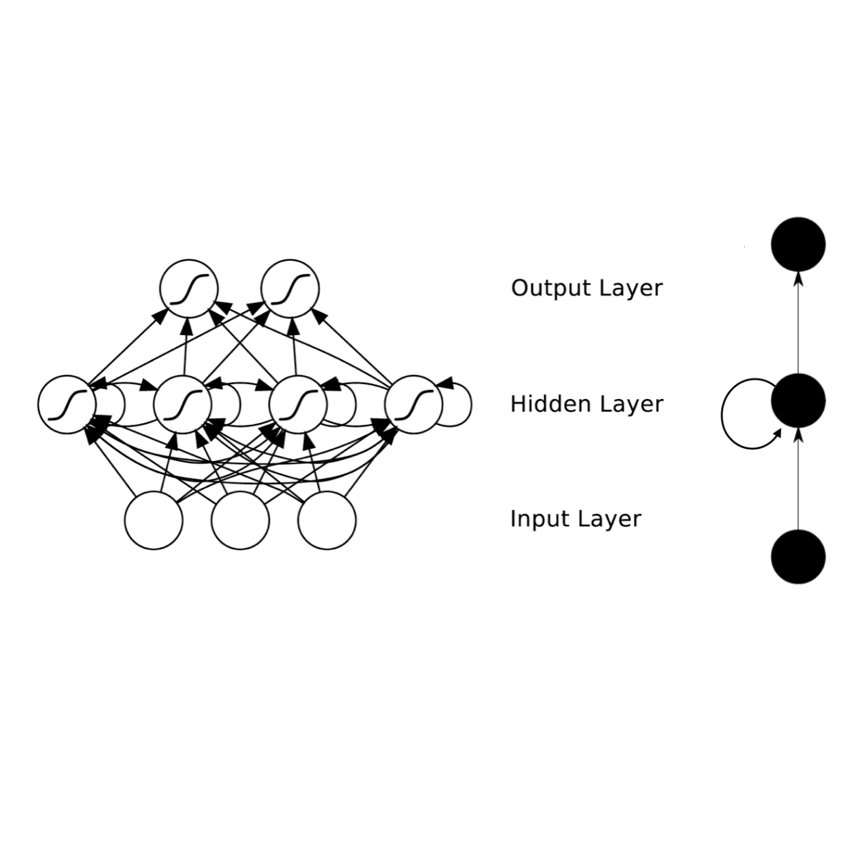Recurrent neural networks are good at solving prediction problems. However, finding a network that suits a problem is quite hard because their performance is strongly affected by their architecture configuration. Automatic architecture optimization methods help to find the most suitable design, but they are not extensively adopted because of their high computational cost. In this work, we introduce the Random Error Sampling-based Neuroevolution (RESN), an evolutionary algorithm that uses the mean absolute error random sampling, a training-free approach to predict the expected performance of an artificial neural network, to optimize the architecture of a network. We empirically validate our proposal on three prediction problems, and compare our technique to training-based architecture optimization techniques and to neuroevolutionary approaches. Our findings show that we can achieve state-of-the-art error performance and that we reduce by half the time needed to perform the optimization.
翻译:经常性神经网络擅长解决预测问题。 但是, 找到一个适合问题的网络非常困难, 因为它们的功能受到其结构配置的强烈影响。 自动建筑优化方法有助于找到最合适的设计, 但是由于计算成本高, 并没有被广泛采用。 在这项工作中, 我们引入了随机错误抽样基于神经进化( RESN ), 这是一种演进算法, 使用绝对误差随机抽样( RESN ), 一种无培训的方法来预测人造神经网络的预期性能, 优化网络结构。 我们用经验验证了我们关于三个预测问题的建议, 并将我们的技术与基于培训的建筑优化技术和神经进化方法进行了比较。 我们的发现显示, 我们可以实现最先进的错误性能, 并且我们把完成优化所需的时间减少一半 。




